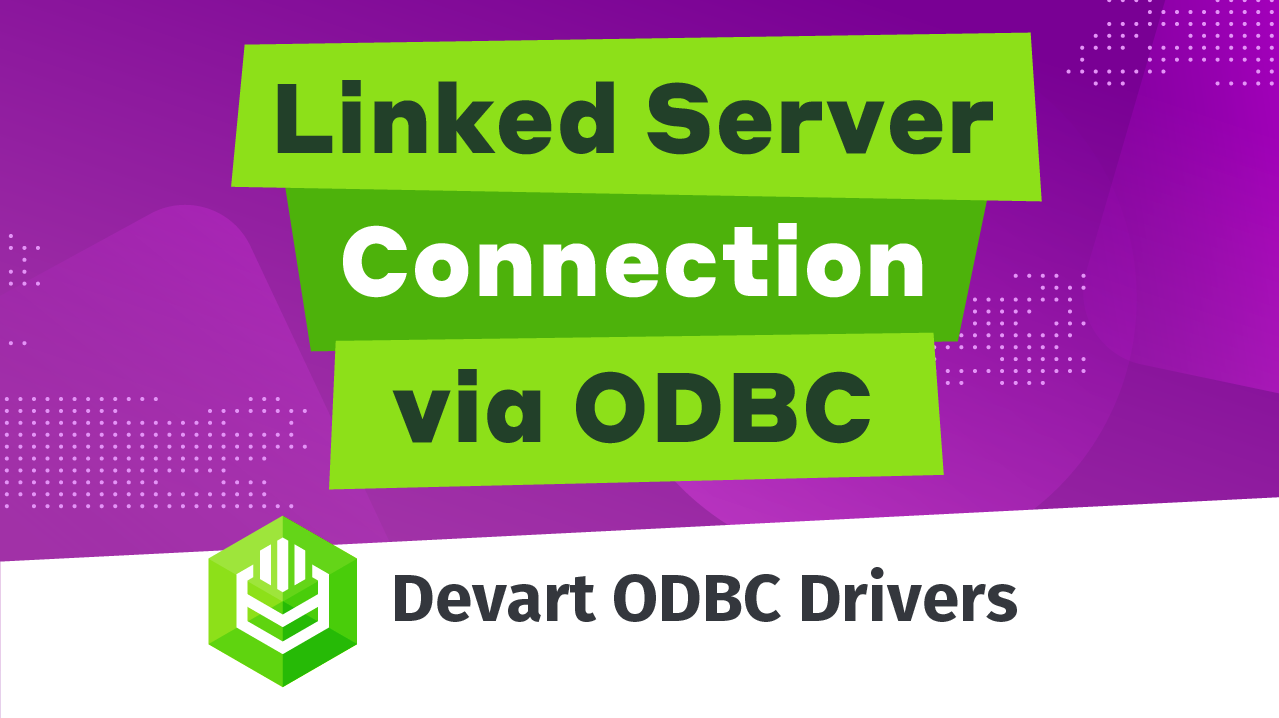Key Features
Direct mode
Native connection to traditional databases and cloud-based services from SSMS using an ODBC driver. No need to use client software to fetch your inventory table or a list of orders from popular data stores like Oracle, MySQL, PostgreSQL, and many other databases, as well as cloud services like Salesforce.
SQL data type mapping
Full support and mapping of data source-specific SQL data types to the standard ODBC data types. Access diverse data stores from SSMS through a unified interface with exceptional speed. You can create custom mappings between data source fields and ODBC data types.
Secure connection
Devart ODBC drivers use SSL / SSH and HTTPS tunneling to protect user data as it flows between a remote server and SQL Server Management Studio over the Internet. Tunneling allows you to send communications securely between machines.
ANSI SQL-92 standard support for cloud services
Devart ODBC drivers address one of the major challenges of retrieving data from email marketing, CRM, accounting and other cloud applications into SSMS: their lack of adequate API support for SQL-92 standard SQL commands. Our drivers are designed to get the most out of cloud service APIs.




























































































